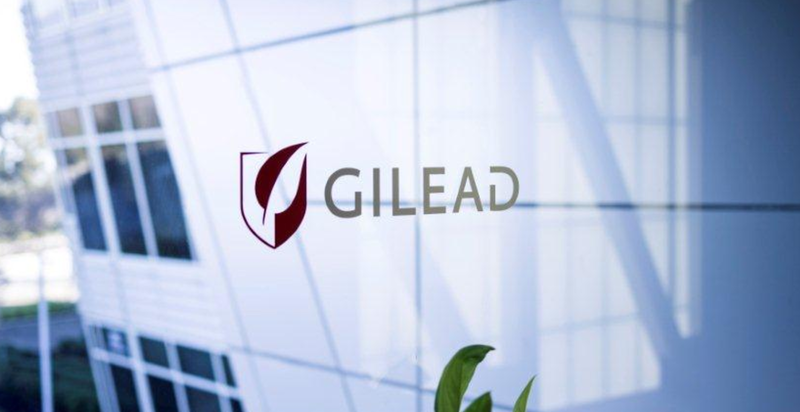It’s not a buyout, but Gilead is doubling down on Arcus’s immuno-oncology programs as it decides to snap up work on three new targets.
The pair, which penned a deal worth up to $2 billion last May, have been dancing around a buyout, according to reports, but Gilead still appears happy with its R&D collab for now, releasing $725 million to hit up the option on a trio of cancer assets.
These are both of Arcus’ anti-TIGIT molecules, domvanalimab and AB308, as well as etrumadenant and quemliclustat, the latter two being an A2a/A2b adenosine receptor antagonist and a small molecule CD73 inhibitor, respectively.
The two anti-TIGIT programs, hot property in the I-O world, are the furthest along: Domvanalimab, the most closely-watched, works as an Fc-silent anti-TIGIT antibody and is currently in phase 2 and 3 tests for non-small cell lung cancer (NSCLC) with AB308, an Fc-enabled anti-TIGIT antibody, in phase 1.
Etrumadenant, meanwhile, is in phase 1 and phase 2 trials, also in NSCLC, as well as colon cancer and prostate cancer, with quemliclustat in a phase 1 for metastatic pancreatic ductal adenocarcinoma (PDAC).
And Gilead has the perfect man in place to help bring this assets through the market in Bill Grossman, Arcus’ former chief medical officer, who left the biotech in the summer to join Gilead as its SVP of oncology clinical research.
The market has been waiting some time to see what Gilead’s move would be, notably on the TIGIT assets, the mechanism of which has been a hot ticket in cancer research for the past few years. It looks as if the company has seen what it needs to hit go today.
“Gilead has been encouraged by early clinical data generated for each of the three programs,” the California pharma, which is looking to broaden its early infectious disease focus more deeply into cancer, said in a statement.
“By opting in early to all three programs now, Gilead and Arcus are able to accelerate the clinical development and advancement of these clinical-stage molecules and facilitate the exploration of treatment combinations across the portfolios.”
This includes combos with its cancer drug Trodelvy (sacituzumab govitecan-hziy) with therapies “optioned from the Arcus portfolio.”
“The addition of three mid- to late-stage clinical programs into our oncology pipeline significantly expands the number of transformational medicines we can potentially deliver to people with cancer, while also enabling our pursuit of novel combinations,” said Daniel O’Day, chairman and chief at Gilead.
This follows the playbook Gilead used with European biotech Galapagos; putting billions on the table but not buyout. That deal, in the end, turned out to be a disaster; Arcus and Gilead will hope for better this time around.
But amid the good news, there were some quiet changes made by Gilead to that original 2020 deal, affecting today’s buy-in. This includes Arcus now being potentially required to “operationalize at least 50% of the clinical studies,” with costs to be shared by Gilead and Arcus.
The royalties payable by Gilead to Arcus on sales for these three programs outside of the U.S. were also “slightly reduced”, namely from the mid-teens range to the low twenties.
There was also a $100 million option continuation payment due in 2022, but this will now “not be made by Gilead.”
Arcus was up 17% premarket Thursday morning on the news, before falling back down to around 13%.

